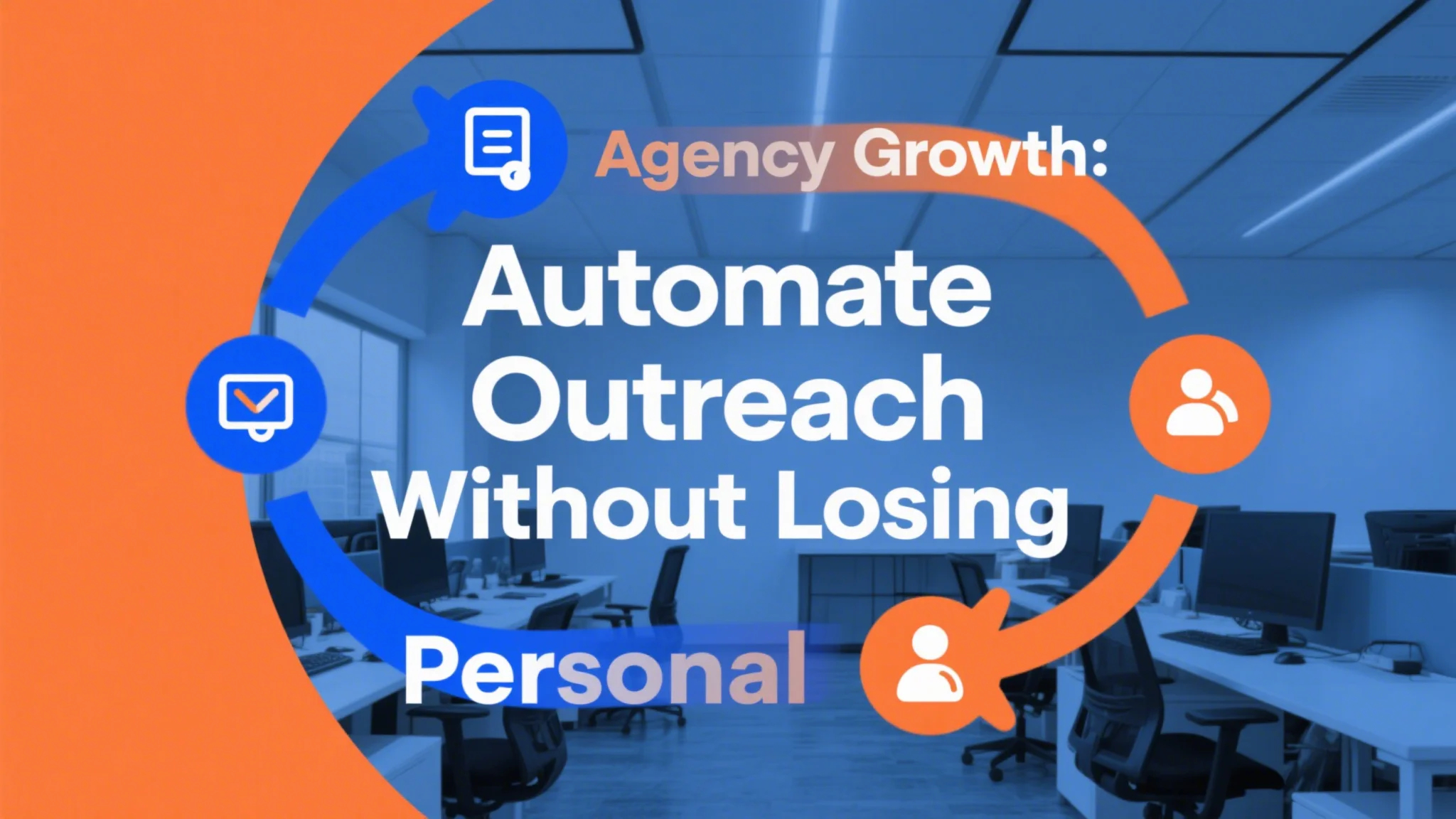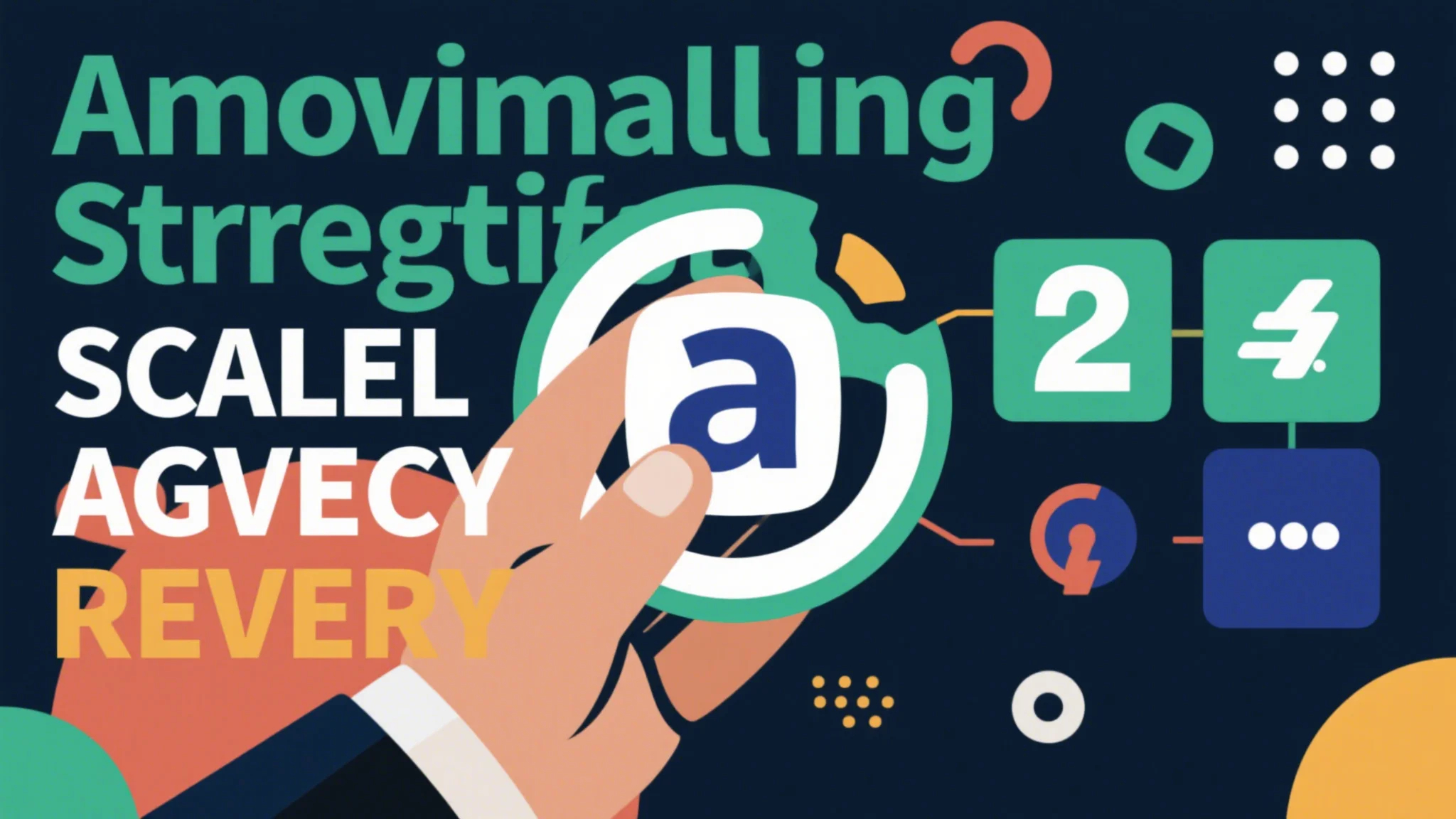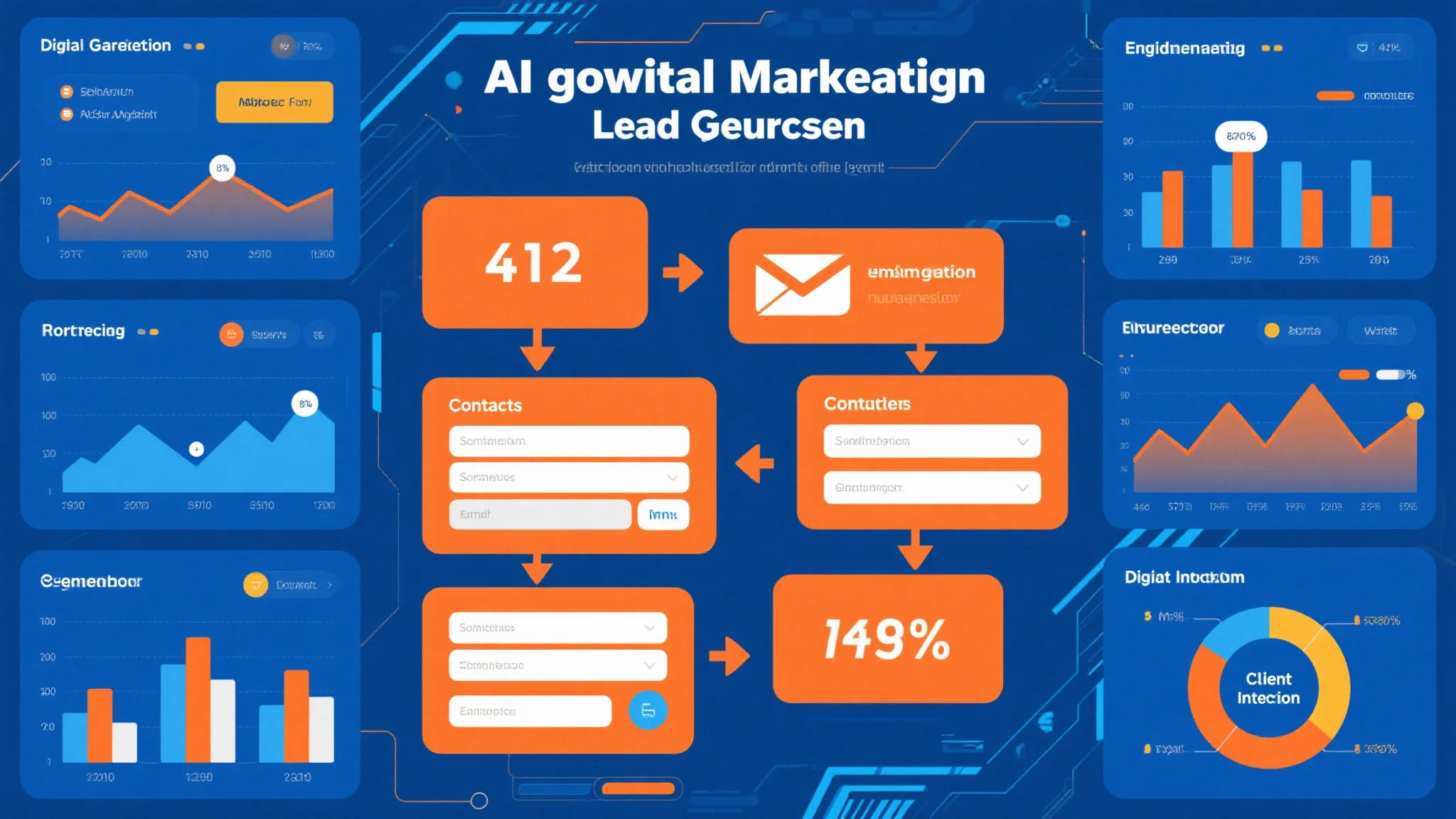In today’s fast-paced business environment, B2B marketing teams are under constant pressure to deliver results. From generating high-quality leads to nurturing relationships with existing customers, the demands on marketing professionals are immense. Enter B2B marketing automation software—a game-changer that empowers businesses to streamline their marketing efforts, reduce manual tasks, and scale operations efficiently.

What is B2B Marketing Automation?
B2B marketing automation refers to the use of software tools to automate repetitive marketing tasks, such as email campaigns, lead scoring, and customer segmentation. By leveraging automation, businesses can deliver personalized and timely content to their target audience, ultimately driving higher engagement and conversions.
At its core, B2B marketing automation is about creating systems that work for you, not the other way around. It allows marketing teams to focus on strategic initiatives while letting the software handle the day-to-day tasks. This not only saves time but also ensures consistency and scalability in your marketing efforts.
Why is B2B Marketing Automation Essential?
Efficiency and Productivity: Manual marketing tasks are time-consuming and prone to errors. Automation eliminates these inefficiencies, allowing your team to focus on high-value activities like strategy development and relationship building.
Scalability: As your business grows, so does your marketing workload. Automation ensures that your marketing efforts can scale seamlessly, without requiring additional resources.
Personalization: B2B buyers expect tailored experiences. Automation tools enable you to segment your audience and deliver personalized content, which strengthens customer relationships and increases the likelihood of conversions.
Data-Driven Insights: Advanced automation software provides robust analytics and reporting features, giving you valuable insights into your marketing performance. This data can help you make informed decisions and optimize your strategies.
Consistency: Automating your marketing processes ensures that your messaging and branding remain consistent across all channels, reinforcing your brand identity and trustworthiness.
Key Features to Look for in B2B Marketing Automation Software
When evaluating B2B marketing automation software, it’s important to focus on features that align with your business goals. Here are some essential features to consider:
Lead Scoring and Qualification: This feature helps you identify high-potential leads by assigning scores based on their behavior and interactions with your brand.
Email Automation: Automating email campaigns allows you to send personalized and timely messages to your audience, improving engagement and conversion rates.
Workflow Automation: This feature enables you to create and manage complex marketing workflows, such as lead nurturing sequences or customer onboarding processes.
Customer Segmentation: By segmenting your audience based on demographics, behavior, or other criteria, you can deliver targeted content that resonates with specific groups.
Analytics and Reporting: Comprehensive analytics tools help you track key metrics, measure campaign performance, and identify areas for improvement.
Integration Capabilities: Look for software that integrates seamlessly with your existing CRM, sales tools, and other platforms to create a cohesive marketing ecosystem.
AI and Machine Learning: Advanced automation tools now incorporate AI and machine learning to predict customer behavior, optimize campaigns, and provide actionable insights.
By selecting a B2B marketing automation software that offers these features, you can unlock the full potential of automation and drive significant results for your business.
Advanced Features of B2B Marketing Automation Software
While the core features of B2B marketing automation software are essential, some tools offer advanced capabilities that can take your marketing efforts to the next level. Here are a few to explore:
Dynamic Content Personalization: This feature allows you to tailor content in real-time based on the recipient’s behavior, preferences, and demographics. For example, an email could dynamically display product recommendations based on the recipient’s industry or past interactions.
Predictive Analytics: Using historical data and machine learning algorithms, predictive analytics can forecast customer behavior and help you anticipate their needs. This enables you to proactively engage with leads and customers, improving the likelihood of conversion.
Multi-Channel Campaign Management: Advanced automation tools allow you to coordinate and execute campaigns across multiple channels, such as email, social media, and SMS. This ensures a cohesive and omnichannel experience for your audience.
Customer Journey Mapping: By mapping out the customer journey, you can identify key touchpoints and personalize your messaging at each stage. Automation tools can help you execute and optimize these journeys seamlessly.
Sales and Marketing Alignment: Integration between marketing automation software and CRM systems ensures that your sales and marketing teams are aligned. This fosters better communication and collaboration, leading to more effective lead nurturing and conversion.
A/B Testing and Optimization: Many automation tools offer A/B testing features, allowing you to experiment with different campaign elements (e.g., subject lines, CTAs, visuals) to identify what resonates best with your audience.
Compliance and Security: With increasing regulations around data privacy (e.g., GDPR), it’s crucial to choose a tool that adheres to compliance standards and provides robust security features to protect your data.
Best Practices for Implementing B2B Marketing Automation
Define Your Goals: Before implementing any automation tool, clearly define your business objectives. Whether it’s increasing lead generation, improving customer retention, or boosting sales, having a clear goal will guide your selection and implementation process.
Leverage Your Data: Use the data you already have to inform your automation strategy. Analyze your current marketing performance, identify pain points, and use this information to optimize your workflows.
Start Small: Don’t try to automate everything at once. Begin with a few key processes, such as email campaigns or lead scoring, and gradually expand as you become more comfortable with the tool.
Collaborate with Your Team: Automation software impacts multiple teams, including marketing, sales, and customer support. Ensure that everyone is on board and trained to use the tool effectively.
Continuously Optimize: Automation is not a set-it-and-forget-it solution. Regularly review your campaigns, analyze performance data, and make adjustments to improve results.
Choose the Right Tool: Do your research and select a B2B marketing automation software that meets your specific needs. Consider factors like ease of use, scalability, and customer support when making your decision.
B2B marketing automation software is a powerful tool that can transform the way you approach marketing. By automating repetitive tasks, personalizing customer experiences, and providing valuable insights, it empowers your team to focus on what really matters—driving business growth.
When selecting a B2B marketing automation software, be sure to evaluate your unique needs and choose a tool that offers the features and capabilities to support your goals. With the right automation in place, you can streamline your operations, enhance customer engagement, and achieve the results your business deserves.
This concludes the ultimate guide to B2B marketing automation software. By following



